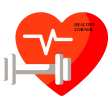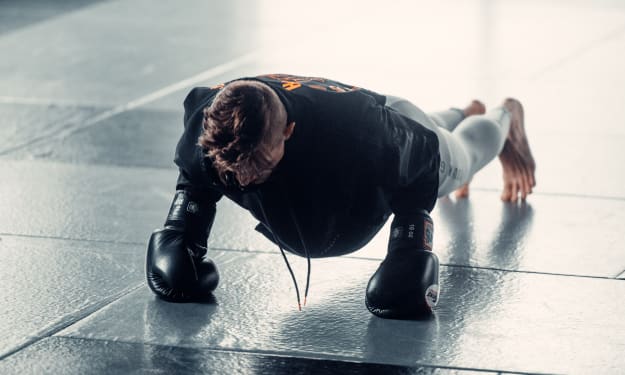When your skin is finally clearing up and you get a lil' too confident and then your acne comes back.
Get rid of Pimples

Pimples, also known as acne, can be a frustrating and embarrassing problem for many people. They can appear on the face, neck, chest, back, and shoulders, and can range from mild to severe. While it's important to note that there is no one-size-fits-all solution to getting rid of pimples, there are several steps you can take to help reduce their frequency and severity.
- Keep Your Skin Clean:
One of the most important things you can do to prevent pimples is to keep your skin clean. This means washing your face at least twice a day, using a gentle cleanser and warm water. Be careful not to over-cleanse, as this can strip your skin of its natural oils, leading to dryness and irritation.
- Use a Topical Treatment:
There are a variety of topical treatments available for pimples, including benzoyl peroxide, salicylic acid, and retinoids. These ingredients work by reducing inflammation and killing bacteria that can contribute to acne. Be sure to follow the instructions carefully and use only as directed, as some products can be irritating to the skin.
- Avoid Touching Your Face:
Avoid touching your face, as this can transfer bacteria and oil from your hands to your skin. If you must touch your face, be sure to wash your hands thoroughly first.
- Watch What You Eat:
While the relationship between diet and acne is not entirely clear, some studies suggest that certain foods can trigger breakouts. Avoiding foods high in sugar and carbohydrates, such as candy and white bread, may help reduce pimples. Instead, focus on a healthy diet rich in fruits, vegetables, and whole grains.
- Get Plenty of Rest:
Stress and lack of sleep can contribute to pimples, so it's important to get plenty of rest and manage stress levels. Aim for at least seven to eight hours of sleep each night, and consider relaxation techniques such as yoga or meditation to help reduce stress.
- Consult a Dermatologist:
If your pimples are severe or do not respond to at-home treatments, it may be time to consult a dermatologist. They can prescribe stronger medications and offer other treatment options, such as light therapy or chemical peels.
In conclusion, getting rid of pimples requires a combination of good hygiene practices, a healthy lifestyle, and possibly the help of a dermatologist. By following these steps, you can help reduce the frequency and severity of your pimples and improve the overall health and appearance of your skin.
- Understanding the causes of pimples
Understanding the causes of pimples is crucial to effectively prevent and treat acne. Pimples form when hair follicles become clogged with oil, dead skin cells, and bacteria. The sebaceous glands, which are attached to hair follicles, produce an oily substance called sebum that helps to lubricate the skin. When the glands produce too much sebum, it can mix with dead skin cells and bacteria to form a plug, resulting in a pimple.
Hormonal changes are often the root cause of pimples, especially during adolescence. Hormones like androgens stimulate the sebaceous glands to produce more oil, which can lead to clogged pores and acne. Other factors that contribute to pimples include genetics, stress, medications, and certain cosmetics and hair products.
Diet may also play a role in the development of pimples. High-glycemic-index foods, like sugar and refined carbohydrates, can cause spikes in insulin levels, leading to inflammation and acne. Dairy products and foods high in saturated and trans fats may also contribute to acne.
Understanding the causes of pimples can help you take the necessary steps to prevent and treat acne. A comprehensive approach, including a healthy diet, good skincare routine, and lifestyle changes, may be required to keep your skin clear and healthy. It's important to consult a dermatologist if you have severe or persistent acne, as they can offer personalized treatment options to address your specific needs.
About the Creator
Ravindu Laksara
Good health is not something we can buy. However, it can be an extremely valuable savings account.






Comments (1)
❤️